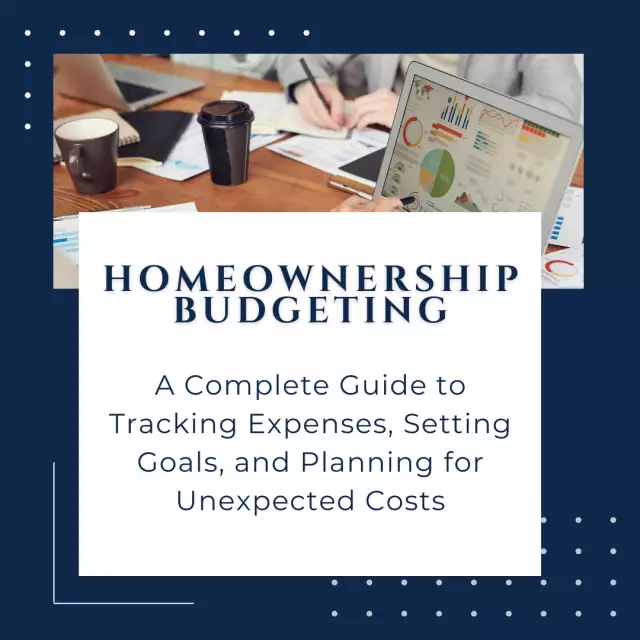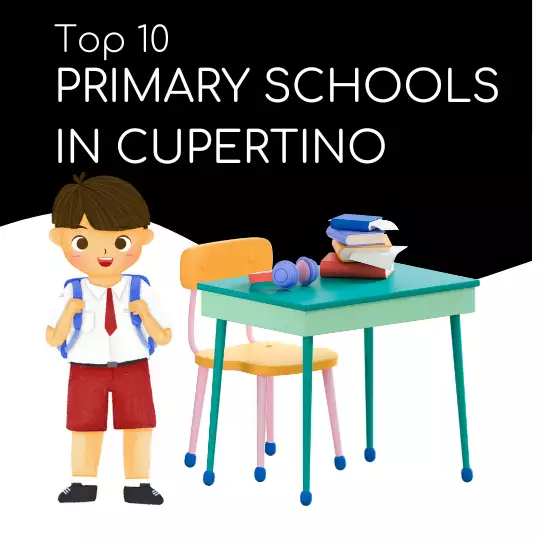Homeownership for Single Parents: A Guide to Programs and Resources
As a single parent, purchasing a home can be a challenging but rewarding experience. Here are a few tips to help you navigate the process:
- Get your finances in order: Before you start looking for a home, it's important to get a clear picture of your credit score and overall financial situation. This will help you understand how much home you can afford and what types of loans you may qualify for.
- Look for programs that can help: There are a number of government and private programs that can help single parents with the home buying process, such as the Federal Housing Administration (FHA) loan, which requires a smaller down payment, or grants and subsidies that can help with closing costs or down payments.
- Find a good real estate agent: A good real estate agent can help you navigate the home buying process and find a home that fits your needs and budget.
- Consider a smaller or less expensive home: Buying a smaller or less expensive home can make the process easier and more affordable.
- Get a good home inspection: Before you buy a home, it's important to have it inspected by a professional to ensure that it's in good condition and that there are no major repairs needed.
- Be prepared for extra responsibilities: As a single parent, you will be responsible for maintaining the home and handling any repairs or issues that arise. Be prepared for the added responsibility and budget accordingly.
- Get legal advice: Buying a home is a big financial commitment, so it's a good idea to get legal advice before you sign on the dotted line.
Benefits available specifically for single parents
There are several benefits and programs specifically designed for single parents that can help with the home buying process. Here are a few examples:
- Federal Housing Administration (FHA) loans: These loans are backed by the government and can be a good option for single parents because they require a smaller down payment, typically around 3.5%.
- Veterans Affairs (VA) loans: These loans are available to veterans and active military members and can also be a good option for single parents because they don't require a down payment.
- HomeReady and Home Possible loans: These loans are offered by Fannie Mae and Freddie Mac and are designed to help low- to moderate-income borrowers, including single parents, purchase a home.
- State and local programs: Many states and local governments offer programs that can help single parents with the home buying process, such as grants and subsidies for down payments and closing costs.
- Section 8 vouchers: These vouchers are provided by the government to help low-income individuals and families afford housing. If you qualify, you can use the voucher to help pay for your home.
- Community Action Agencies: Many communities have Community Action Agencies, which provide a variety of services to low-income families, including counseling and assistance with buying a home
- Single Parent Homeownership Program: Many non-profit organizations offer Single Parent Homeownership Program, which provide education, counseling, and support for single parents who want to purchase a home.
It's important to note that the availability and specifics of these programs may vary depending on your location and specific circumstances. It is recommended to check with your local government, non-profit organizations and housing authority to see what programs are available in your area.
Frequently Asked Questions about Single Parent Homeownership
Here are some frequently asked questions and answers about single parent homeownership:
Q: Can single parents qualify for a mortgage?
A: Yes, single parents can qualify for a mortgage just like any other borrower. However, being a single parent may affect your income and credit score, so it's important to work with a lender who understands your unique situation and can help you find a loan that fits your needs.
Q: Is it harder for single parents to get approved for a mortgage?
A: It can be more difficult for single parents to get approved for a mortgage because they may have a lower income and credit score than a two-parent household. However, many programs and loans are available specifically for low- to moderate-income borrowers and first-time homebuyers, which can make it easier for single parents to qualify.
Q: What type of home should a single parent look for?
A: As a single parent, you may want to consider a smaller or less expensive home that is easier to maintain and afford. It's also important to look for a home that is in a good location and has a good school district if you have children.
Q: Can a single parent use a co-signer for a mortgage?
A: Yes, a single parent can use a co-signer for a mortgage. A co-signer can help you qualify for a loan if you have a lower credit score or income. However, the co-signer will be equally responsible for the loan, so it's important to have a good relationship with the person you choose to co-sign for you.
Q: How can a single parent save for a down payment?
A: Saving for a down payment can be challenging as a single parent, but there are several ways to do it. You can create a budget, set financial goals, and save a portion of your income each month. You can also look for programs or grants that can help with down payments and closing costs.
Q: Can a single parent get help with closing costs?
A: Yes, there are several programs and grants that can help single parents with closing costs. Many state and local governments, as well as non-profit organizations, offer assistance to help with closing costs.
It's important to note that the programs and options available may vary depending on your location, credit score and income. It's recommended to check with your local government, non-profit organizations and housing authority to see what programs are available in your area.
Rent vs Buy for a single parent
Rent vs buy is a complex decision that depends on many factors, including your financial situation, lifestyle, and long-term goals. Here are some pros and cons to consider when deciding whether to rent or buy as a single parent:
Renting Pros:
- Flexibility: Renting a home allows you to move more easily if your needs or circumstances change.
- Fewer responsibilities: As a renter, you don't have to worry about maintenance or repairs, which can be a significant cost savings.
- Lower upfront costs: Renting typically requires a security deposit and first month's rent, but the costs of buying a home, such as a down payment, closing costs, and moving expenses, can be significantly higher.
Renting Cons:
- Limited control over living space: As a renter, you may not be able to make changes to your living space, such as painting or installing new appliances.
- Limited long-term savings: Renting does not provide an opportunity to build equity in a home, which can be a significant long-term savings.
Buying Pros:
- Building equity: With each mortgage payment, you're building equity in your home, which can be a significant long-term savings.
- Tax benefits: Mortgage interest and property taxes can be tax-deductible, which can lower your overall tax bill.
- Control over living space: As a homeowner, you have more control over your living space and can make changes as needed.
Buying Cons:
- More responsibilities: As a homeowner, you're responsible for all repairs and maintenance, which can be costly.
- Less flexibility: Buying a home is a long-term commitment and selling it can be difficult and expensive.
It's important to consider your specific financial situation and long-term goals when deciding whether to rent or buy. A financial advisor or real estate agent can help you evaluate your options and determine the best course of action for you and your family.
Conclusion
In conclusion, single parent homeownership is a challenging but achievable goal. There are many programs and loans available specifically for single parents and low- to moderate-income borrowers that can make the home buying process easier. It's important to work with a lender who understands your unique situation and can help you find a loan that fits your needs. Additionally, there are grants and assistance programs available to help with down payments and closing costs. It's important to do your research and take advantage of all the resources available to you, so you can make your dream of homeownership a reality. With the right preparation, education, and guidance, single parents can successfully navigate the home buying process and become homeowners.







